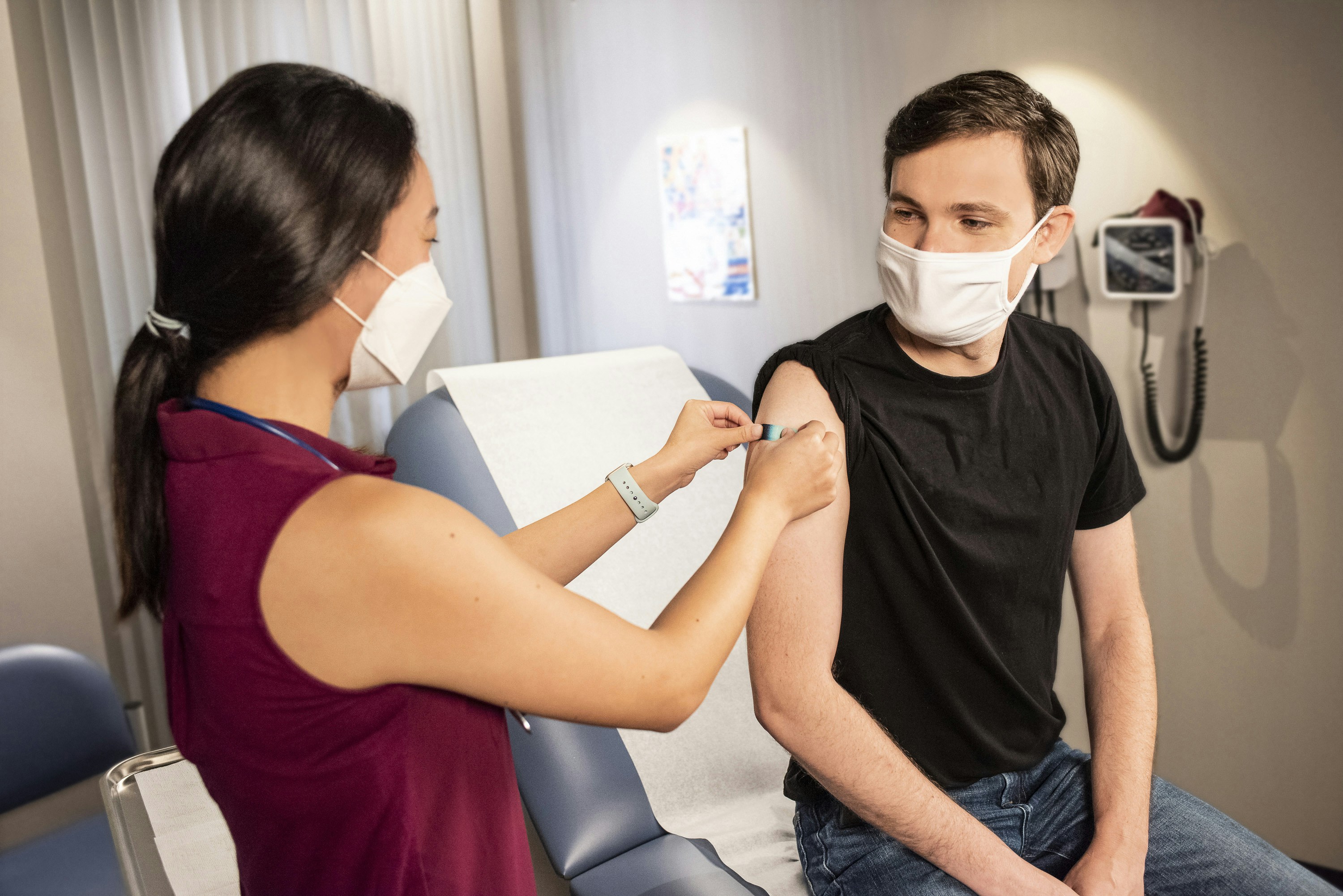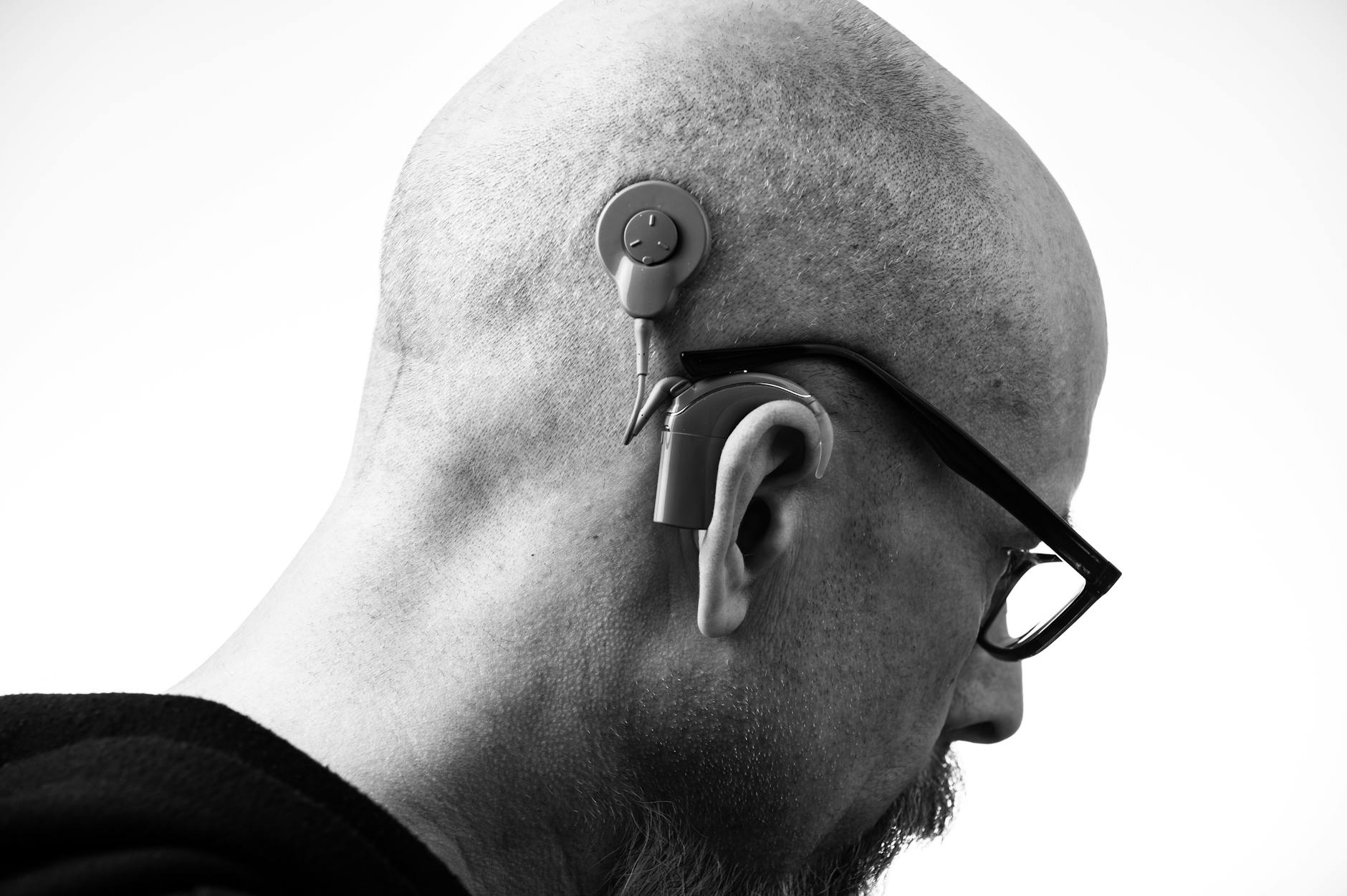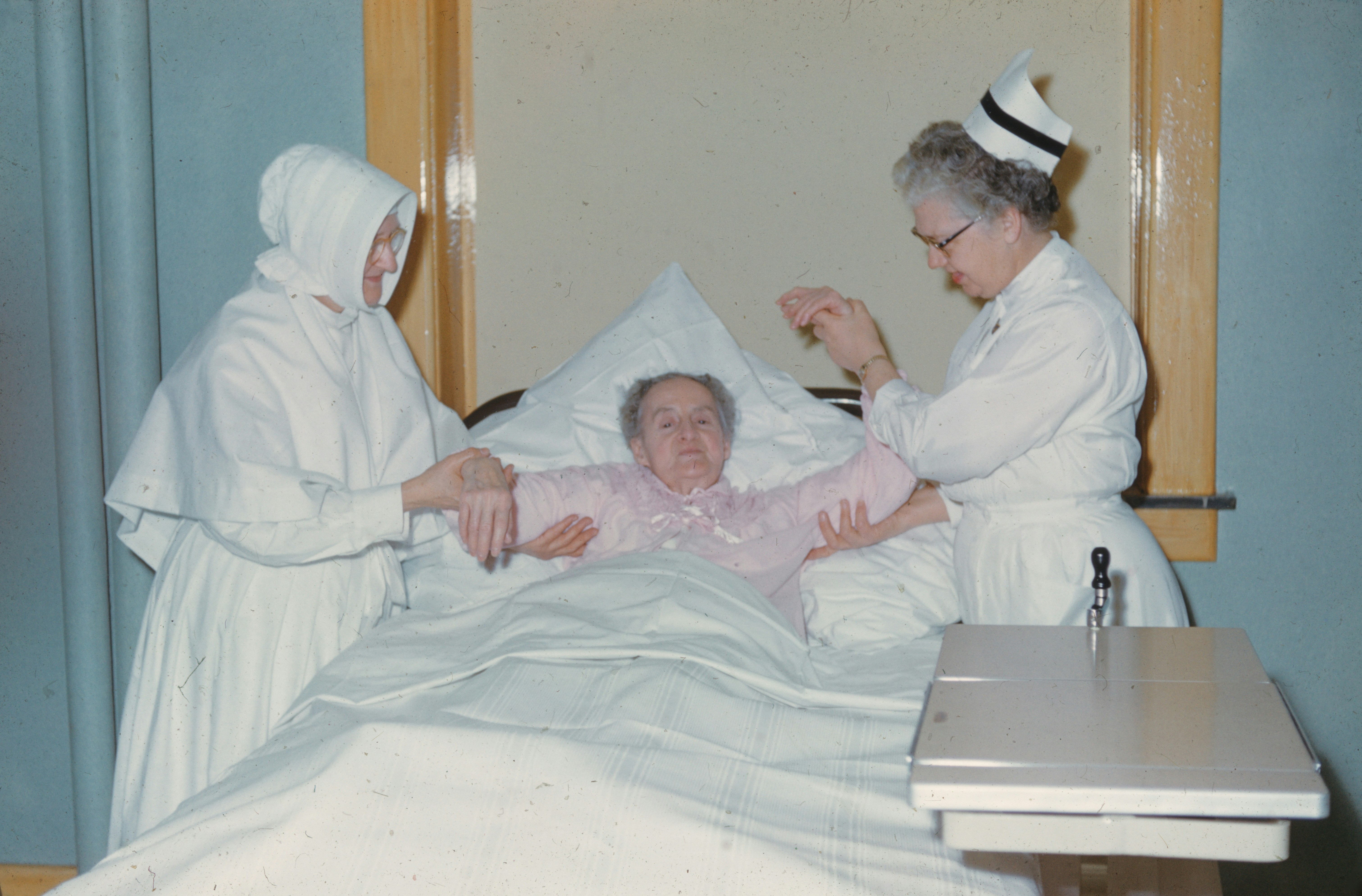Quick take: A handful of routine vaccines quietly lower your risk of ear infections, shingles-related ear damage, and meningitis—the kinds of illnesses that can steal hearing fast. If you care about your hearing (and future you does), your vaccination card is part of your prevention plan.
Wait—vaccines and hearing? Absolutely.
When we think hearing loss prevention, we usually jump to earplugs and volume limits. Smart. But infections are another major pathway to hearing problems—sometimes suddenly, sometimes after repeat episodes over years.
Here’s how infections can harm hearing:
- Middle ear infections (otitis media): Fluid and pressure reduce hearing short-term, and repeated infections can thicken the eardrum or affect the bones of hearing.
- Inner ear inflammation (labyrinthitis): Viruses and bacteria can inflame the cochlea and vestibular system, damaging delicate hair cells—often permanently.
- Meningitis: Infection of the membranes around the brain and inner ear is a leading cause of severe, permanent hearing loss.
- Shingles (Ramsay Hunt syndrome): Reactivation of varicella-zoster virus near the ear can cause hearing loss, tinnitus, vertigo, and facial weakness.
The good news: Several standard vaccines reduce these exact risks. This isn’t abstract; public health data show sharp drops in infection-related complications—including ear disease—after vaccine rollouts. Let’s translate that into an adult-friendly hearing protection plan.
The ear-protective vaccine short list (for adults)
Always confirm what’s right for you with your primary care clinician or pharmacist. Below are the heavy hitters for hearing health, why they matter, and who typically needs them.
Influenza (yearly flu shot)
Why your ears care: Flu sparks upper-respiratory inflammation, Eustachian tube dysfunction, and secondary ear infections. Keeping flu at bay lowers the odds of ear complications and the kind of severe illness that can inflame the inner ear.
Who: All adults annually, especially if you’re around kids, work in public-facing roles, or have chronic conditions.
Timing: Once a year, ideally in early fall, but it’s beneficial anytime flu is circulating.
Pneumococcal (PCV20, or PCV15 followed by PPSV23)
Why your ears care: Streptococcus pneumoniae can cause invasive disease (including meningitis) and is a top culprit in ear infections. Preventing invasive disease helps protect the inner ear from catastrophic damage.
Who: Adults 65+ typically receive pneumococcal vaccination; adults under 65 with certain conditions (e.g., heart, lung, diabetes, immunocompromise, smoking) may also qualify. Your provider can tailor the PCV/PPSV sequence.
Timing: One-time or series depending on vaccine type and health status.
Shingles (Recombinant zoster vaccine, “Shingrix”)
Why your ears care: Shingles involving the ear (herpes zoster oticus) can trigger Ramsay Hunt syndrome: hearing loss, tinnitus, vertigo, and facial nerve paralysis. Vaccination dramatically reduces shingles and its complications.
Who: Most adults 50+ and some immunocompromised adults 19+. Even if you’ve had shingles, vaccination lowers the chance of another episode.
Timing: Two doses, 2–6 months apart.
MMR (Measles, Mumps, Rubella)
Why your ears care: Mumps is a known cause of sudden, often permanent, single-sided hearing loss. Measles can also damage the ear and increase ear infection risk.
Who: Adults born in 1957 or later generally need at least one documented dose; two doses may be recommended for travelers, students, and healthcare workers. If you’re unsure you’re immune, ask about a dose rather than hunting down old records.
Timing: One or two doses depending on risk and history.
Meningococcal (MenACWY and MenB)
Why your ears care: Bacterial meningitis is a notorious cause of profound hearing loss within hours to days.
Who: Certain adults: college students in dorms, military recruits, travelers to areas with outbreaks, lab workers, and people with functional or anatomic asplenia or complement deficiencies. Your clinician can confirm.
Timing: Based on risk and vaccine type; sometimes a series with boosters.
Haemophilus influenzae type b (Hib)
Why your ears care: Before Hib vaccination, Hib meningitis caused significant hearing loss. While mostly a childhood series, some adults at high risk benefit.
Who: Adults with asplenia (including after splenectomy), certain transplant recipients, and some lab workers.
Timing: Depends on risk and prior vaccination.
COVID-19
Why your ears care (the cautious version): Severe viral illness and systemic inflammation can involve the ear. While direct links between COVID-19 and hearing outcomes continue to be studied, staying up to date reduces severe disease, hospitalizations, and the complications no ear likes.
Who: All adults, with timing per current public health guidance.
Build your hearing-protective vaccination plan
1) Check what you’ve already got
- Open your patient portal or state immunization registry, or ask your clinician/pharmacist to review your record.
- If records are spotty, your provider can recommend catch-up doses safely.
2) Prioritize by hearing risk
- Everyone: Annual flu shot; updated COVID-19; ensure MMR immunity.
- 50+: Add Shingrix (2 doses). This is a big one for hearing and balance protection.
- 65+ or qualifying conditions: Discuss pneumococcal vaccination (PCV20 or PCV15 + PPSV23).
- Special situations: Travel, campus housing, lab work, or immune conditions? Ask about meningococcal and Hib.
3) Plan the timing
- Flu: early fall is ideal, but late is better than never.
- Shingrix: book dose #2 as you leave dose #1—set a calendar reminder.
- Combination visits: Pharmacies often give multiple vaccines safely in one visit.
4) Know what to expect
- Common side effects: sore arm, fatigue, low-grade fever for a day or two—an immunologic “workout.”
- Serious reactions are rare. The disease risks (including hearing damage) are far greater than vaccine risks for nearly everyone.
5) Keep your card handy
- Take a photo of your vaccine card and upload it to your health app or cloud drive.
- Traveling? Screenshot your records and carry a paper copy.
Beyond shots: infection-smart habits your ears love
- Wash hands, especially during respiratory virus season. Simple, powerful, and free.
- Smoke-free home and car. Secondhand smoke increases ear infections.
- Allergy control. Treating nasal allergies helps your Eustachian tubes drain and lowers ear pressure problems.
- Prompt care for ear infections. Don’t “tough it out”—fast assessment helps prevent complications.
- Dry ears after swimming or showering. Tilt, towel, and consider alcohol–acetic acid drops if your clinician approves.
When to call an audiologist or ENT
- Sudden hearing change or new one-sided tinnitus/vertigo: Same-day medical evaluation is best practice.
- After shingles near the ear, a severe ear infection, or meningitis: Schedule a baseline hearing test to document your hearing and guide recovery.
- If you’re at higher risk (50+, immune conditions): Consider an annual hearing check. It’s painless and establishes a trend line.
Myth vs. reality
- Myth: “Vaccines often cause hearing loss.”
Reality: Robust surveillance shows serious ear-related adverse events are extremely rare. The infections we vaccinate against are far more likely to cause hearing damage. - Myth: “I’m healthy—no need for shingles or pneumococcal shots.”
Reality: Age itself raises risk. Shingrix works best before a shingles episode, and pneumococcal vaccines prevent severe disease that can involve the ear and brain.
Your 10‑minute action list
- Open your immunization record and note gaps: flu, Shingrix, MMR, pneumococcal, COVID‑19, and any risk‑based vaccines.
- Book one pharmacy appointment for what you’re due for this month.
- Add a reminder for Shingrix dose #2 (if relevant).
- Set a calendar note for your annual flu shot next fall.
- Schedule a hearing test if it’s been more than a year—or if anything sounds “off.”
You protect your ears every time you choose quiet, wear ear protection, and keep your body’s defenses strong. Vaccines are simply another smart lever—quiet, quick, and evidence‑backed.
If you have questions about your unique risk or any hearing changes, an audiologist or ENT can help you navigate next steps and coordinate with your primary care team.
Further Reading
- Medicines Can Be Noisy: Preventing Drug‑Induced Hearing Loss and Tinnitus (Prevention) - Before You Swallow It, Ask Your Ears: Preventing Medication‑Related Hearing Loss (Prevention) - Your Medicine, Your Ears: How to Prevent Drug-Related Hearing Damage (Prevention) - Ear‑Safe Medicine: Preventing Ototoxic Hearing Loss Without Skipping the Care You Need (Prevention)Frequently Asked Questions
Can vaccines cause hearing loss or tinnitus?
Serious ear-related side effects after vaccination are very rare. Large safety systems continually monitor for them. In contrast, infections like mumps, meningitis, and shingles are well-documented causes of permanent hearing loss and tinnitus. If you notice new hearing symptoms at any time—after illness or vaccination—seek prompt medical assessment.
I’m 50+. Which vaccine protects my hearing the most?
Shingrix (the shingles vaccine) is a top priority because shingles near the ear can cause Ramsay Hunt syndrome with hearing loss and vertigo. Staying current on flu and COVID-19 shots reduces severe illness and ear complications, and your clinician can advise on pneumococcal vaccination based on age and health.
I had meningitis years ago. Should I still get vaccinated?
If you’re in a group for whom meningococcal or Hib vaccination is recommended (for example, certain immune conditions, lab work, or travel), vaccination can still be beneficial to prevent future infections. Your clinician can review your history and current risk and recommend the right schedule.
Do I need MMR as an adult?
If you were born in 1957 or later and don’t have evidence of immunity, at least one dose is usually recommended; two doses for some groups such as travelers, students, or healthcare workers. MMR protects against mumps and measles—both linked to hearing loss. Your clinician or pharmacist can check your status and advise.



